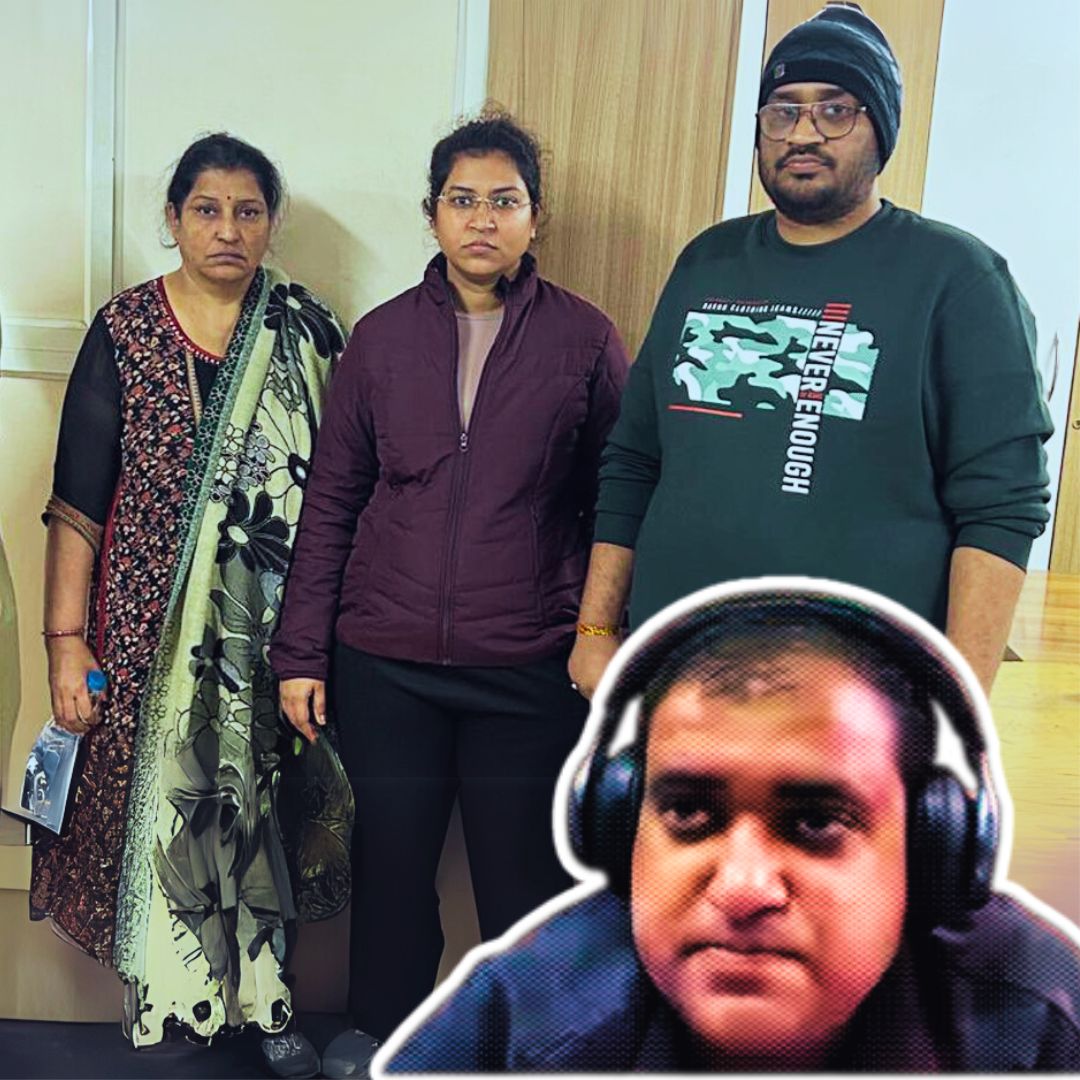The recent suicide of 34-year-old techie Atul Subhash in Bengaluru has sparked a significant outcry regarding allegations of harassment and dowry demands against his estranged wife, Nikita Singhania, and her family. Subhash, who left behind a detailed suicide note and an 81-minute video, accused them of extortion and emotional abuse, claiming they sought ₹3 crore to withdraw legal complaints.
His lawyer has argued that Singhania should not be permitted to use their child as leverage to secure bail, highlighting the need for justice in this tragic case. The police are actively pursuing the accused, who have reportedly absconded.

Disturbing Details of the Case
Atul Subhash was discovered dead in his apartment on December 9, with a placard stating “justice is due” placed beside him. In his poignant 24-page suicide note and accompanying video, he detailed the severe harassment he faced from his wife and her family. Allegations included repeated demands for money and threats of legal action if he did not comply.
Following his death, Nikita Singhania, along with her mother Nisha and brother Anurag, were arrested on charges of abetment to suicide. The police have stated that they are actively searching for the trio, who are believed to have fled their residence in Uttar Pradesh shortly after Subhash’s death.

Witnesses close to Subhash described him as a dedicated professional who had been struggling with the emotional toll of his marital issues. His brother has publicly stated that Singhania filed multiple cases against Subhash during their divorce proceedings, asserting that every law in India favours women over men. This sentiment has resonated within certain circles, particularly among men’s rights activists who argue that the current legal framework disproportionately impacts men in domestic disputes.
Background Context
The tragic events surrounding Subhash’s death highlight a broader societal issue regarding domestic violence and mental health among men in India. The case has ignited discussions about the implications of dowry laws and the potential misuse of legal provisions designed to protect women. Many advocates argue that while it is crucial to protect women’s rights, there must also be safeguards against false allegations that can lead to severe emotional distress for men.
The investigation into Subhash’s death has drawn media attention not only for its tragic nature but also for its implications on gender dynamics within marital relationships. The public discourse has shifted towards examining how societal norms and legal frameworks can evolve to support both parties fairly. The ongoing investigation is expected to shed light on these complex issues as authorities seek justice for Subhash while addressing the allegations against Singhania and her family.
The Logical Indian’s Perspective
The tragic death of Atul Subhash is a call to action for our society to address systemic gaps in legal protections and mental health support. At The Logical Indian, we firmly believe that justice should be gender-neutral and rooted in empathy and fairness. This case highlights the importance of ensuring that laws designed to protect the vulnerable are not weaponized, as misuse not only destroys lives but also undermines trust in the system.
At the same time, we must do more to provide mental health support for individuals facing emotional crises, particularly men who often struggle to find spaces to express their pain due to societal expectations. Abuse, regardless of gender, must be condemned unequivocally, and we must work together to create a culture of dialogue, accountability, and kindness in personal relationships.
What reforms do you think are necessary to strike a balance between protecting the vulnerable and preventing misuse of legal provisions? Let’s discuss and advocate for meaningful change—because every voice counts.










